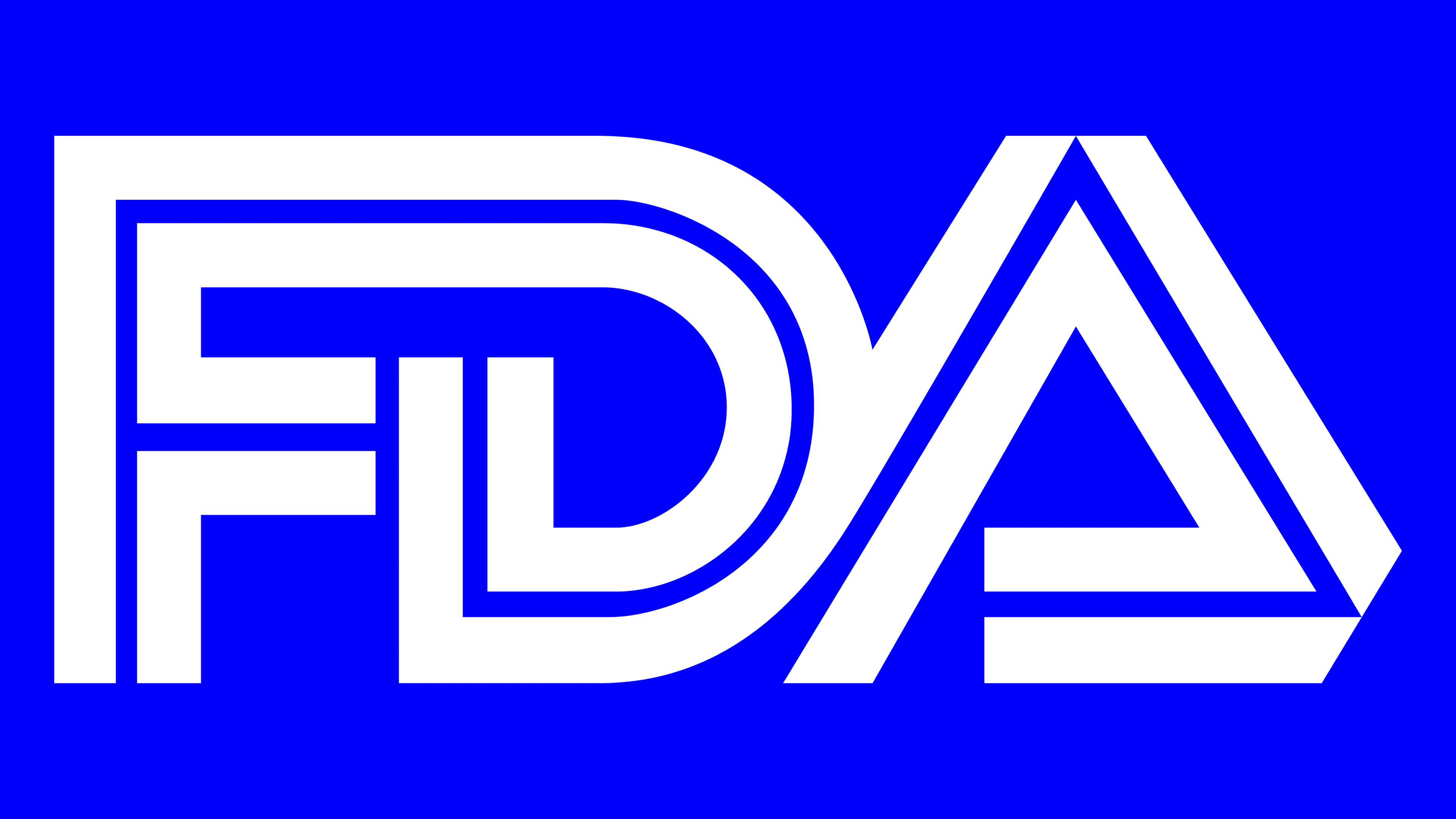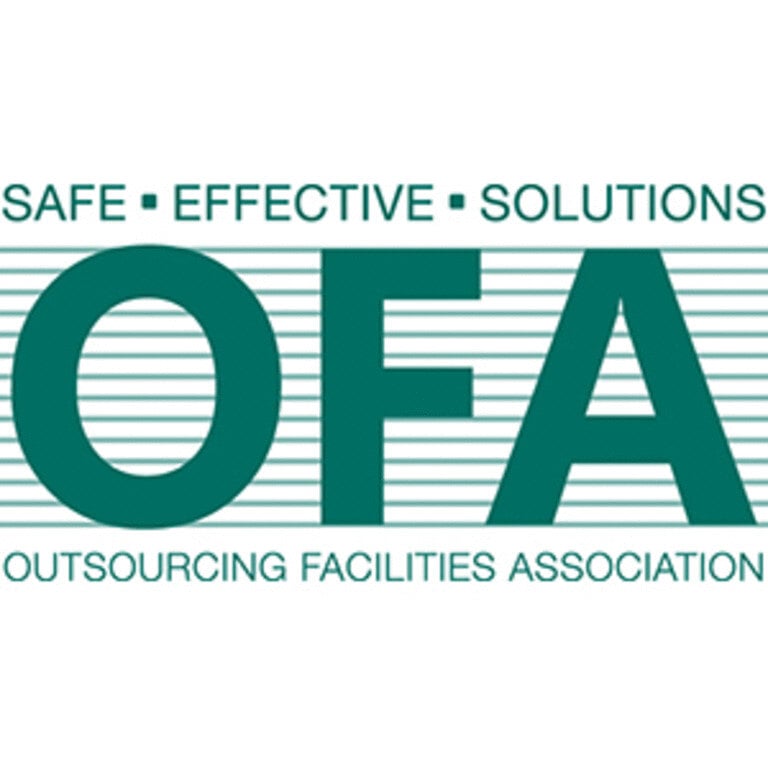Another reason to attend the Owner Summit
We’ve got another awesome keynote at the 2025 ..
Being an exceptional compounding professional means you never stop learning


We advocate for compounding pharmacies and facilities on a range of state and federal issues affecting patient access to compounded medications. We represent pharmacists and technicians in both traditional 503A compounding pharmacies and 503B outsourcing facilities, as well as prescribers, patients, educators, and suppliers. We’re 5,000 members strong and growing.
.png?width=908&height=106&name=Layer_1%20(1).png)

We’ve got another awesome keynote at the 2025 ..

Important answers to your questions about the ..
The Texas State Board of Pharmacy is taking a ..
We call out the American Diabetes Association’s ..

If you missed our email earlier this week, here’s ..

.png?width=410&height=320&name=image-container%20(1).png)
.png?width=410&height=320&name=image-container%20(2).png)
.png?width=411&height=320&name=image-container%20(3).png)
.png?width=410&height=320&name=image-container%20(4).png)

.png)